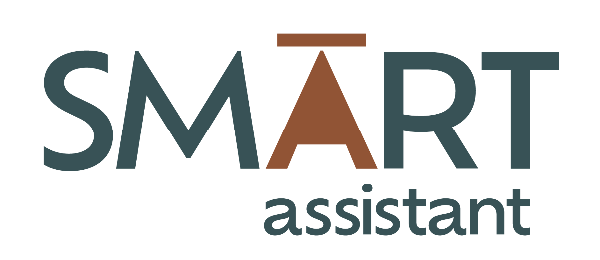Calendars seem to have a mind of their own. One day, your week’s calendar looks clear. A day or two later, your calendar is absolutely chocka with meetings, As VAs we are privy to calendars of all shapes, sizes, and structures. If you find yourself scoffing down a snack or fumbling a sandwich between meetings, tossing up bathroom break or food… then you this read is for you, my friend. Here are some ways to break out of that meeting-rific grind.
Does this need to be a meeting?
“Does this need to be a meeting?” and “Do I need to join this meeting?” are critical questions that we often are too busy to consider. Do you want to join “only the essential meetings”? If so, think about what “essential” means to you.
No is a complete sentence
…and so many people still struggle to say it.
To escape wall to wall meetings and make time for strategic, meaningful work and home life, you’ll have to decline some meetings and commitments. Saying “no” is all about creating boundaries that allow you to focus your time doing the things that will make the most impact.
When you say “No,” do you add on all sorts of explanations and reasons why? It’s really not necessary, and gives the other person something to latch onto and continue the discussion with. Saying the word “no” when someone asks you to do something, and then not following it up with the “why” may feel odd, rude even.
If saying a plain, unexplained no feels too harsh, try saying “I can’t, I’m busy” or “No, but please send me the meeting notes to browse”.
It can be hard to say no – it can make you feel worried or anxious. Anxiety and a habit of people pleasing can muddy the waters of response. WE get it – It’s hard to say no sometimes. Your VA can do that for you – we’re your time defenders!!.
Next time you respond to a meeting request, ask yourself a few questions
If I don’t take this meeting, or wait until tomorrow/next week… will I lose the project, the client, the business?
Does this meeting contribute to one of my goals, a target or common goal of the business?
(does it have purpose and deliverables, or is it just a glorified chit chat?)
Will I create a bottle neck or slow down the next steps if I don’t attend?
Is there enough time to prepare for the meeting?
Do I need really to be there, or can I delegate my spot to someone else?
Tips for managing your time
Put aside time for prep! This one trips a lot of people up.
Leave a gap between meetings. Stop with the back to back already!
Block out a recurring block for leave free / DND times – head down, bum up. Productivity ON!
Block out a recurring time slot for lunch, coffee, a break. Then USE IT!
If you go to the gym, need to be home by 5pm, or perhaps school collection is on the cards –
add it to your calendar. Add drive/travel time (for meetings, school runs, work travel) to your diary, too. Visibility is power.
Call us crazy, block out each Friday – no meetings, no exceptions. Allow yourself a ‘breathe and catch up day’ on the same day each week to create routine and set the expectation that you are off limits during that time. Wherever your working style sits, it is important to be as consistent as possible.
If you have a VA/PA already, set aside time once a week to review your schedule with them. Find trouble spots/overbookings and let your VA rearrange things for you, to create room for lunch, planning time, for the school run, etc. This weekly pulse check can be surprisingly helpful.
If some of these tips and tricks resonate with you, but you don’t have time to reshape your calendar yourself, a VA can help. We’re time-blocking, agenda-checking, routine-keeping professionals. Contact us to find out more.
Do you want to be happy or successful or both?
Or does one unlock the other? Robert Waldinger, a psychiatrist and professor at Harvard Medical School refers to perhaps the longest study of adult life in this TED talk.
The conclusions are bound to make you reconsider your approach to work and remind you of the importance of building strong relationships with family, friends and community.
What will you do differently after listening to the findings of this study?
Success is not the key to happiness. Happiness is the key to success. If you love what you are doing, you will be successful – Albert Schweitzer


 Light your spark for 2024
Light your spark for 2024










